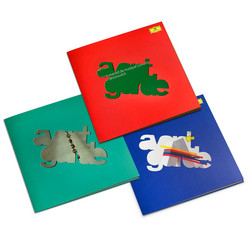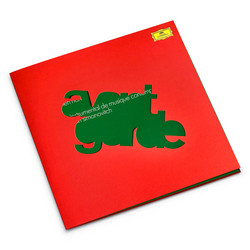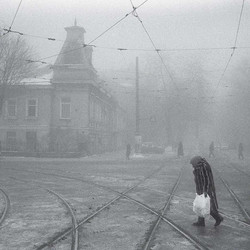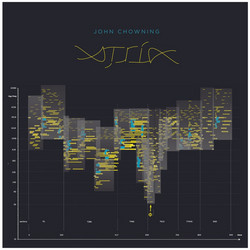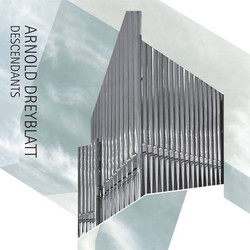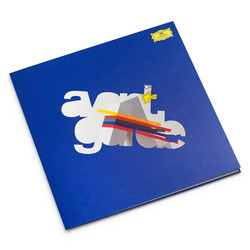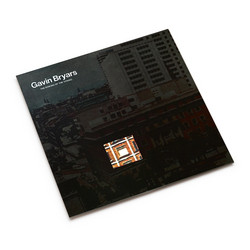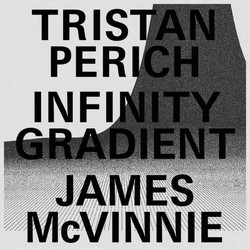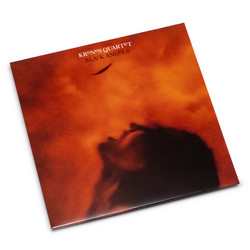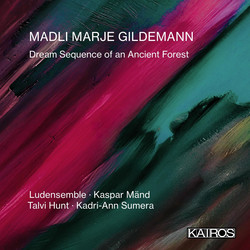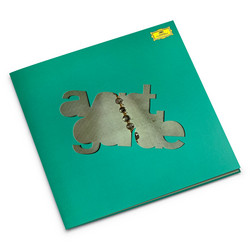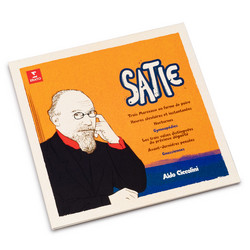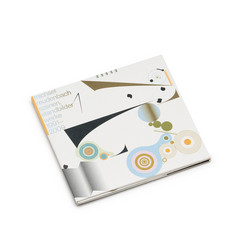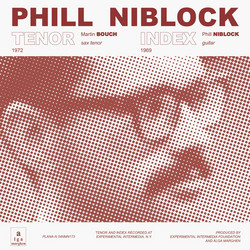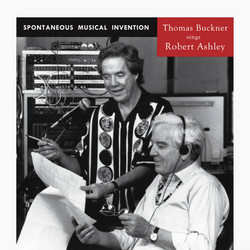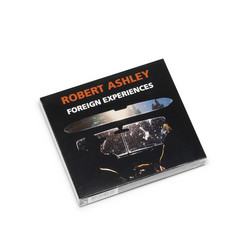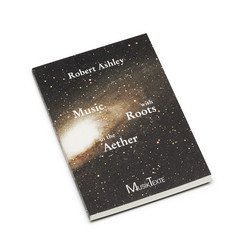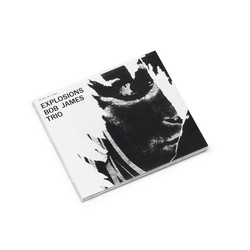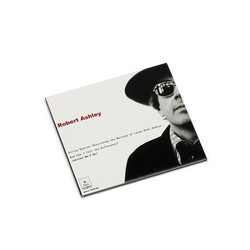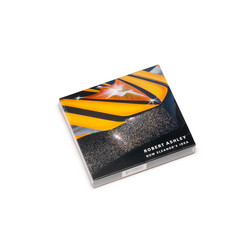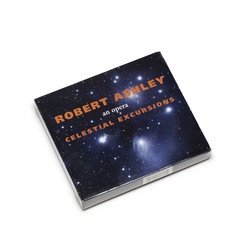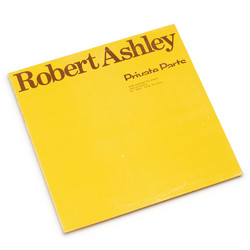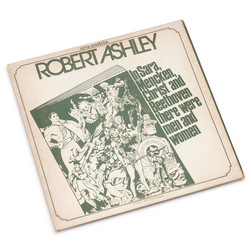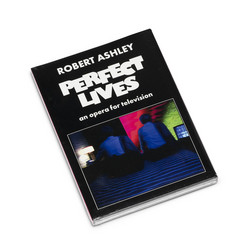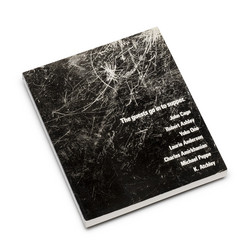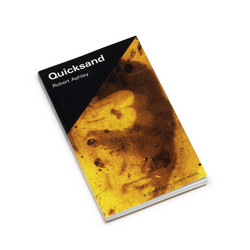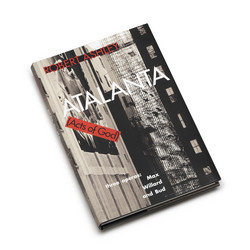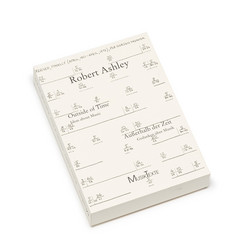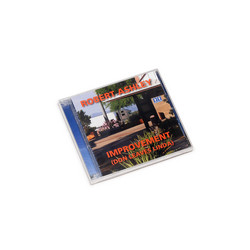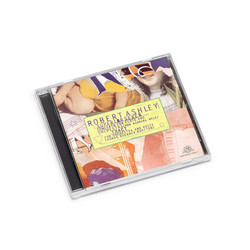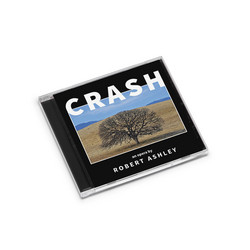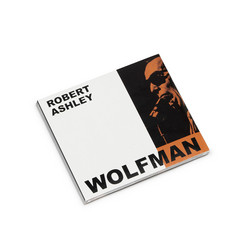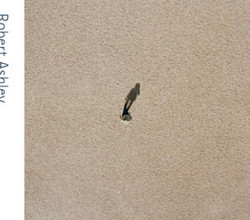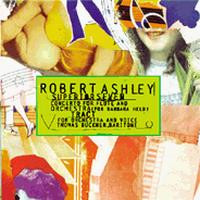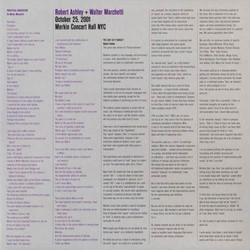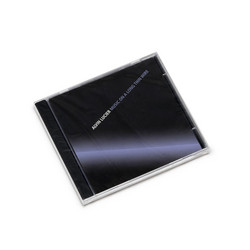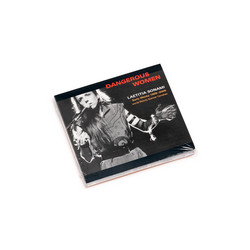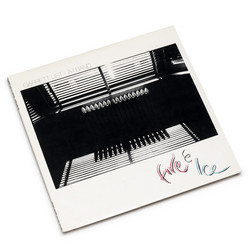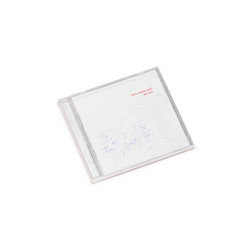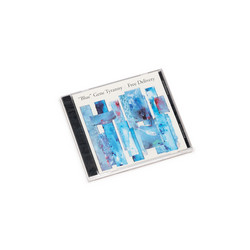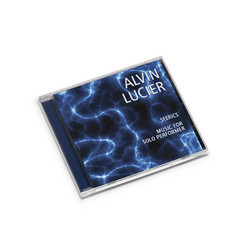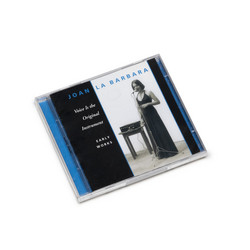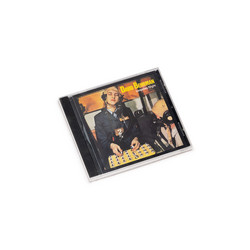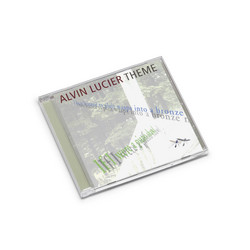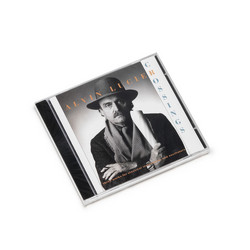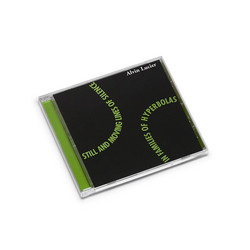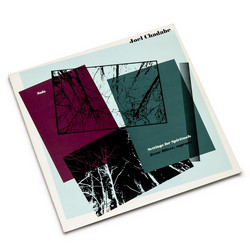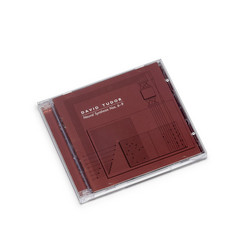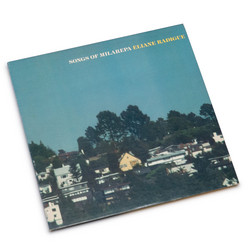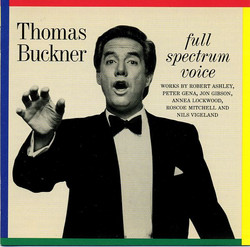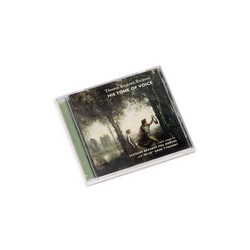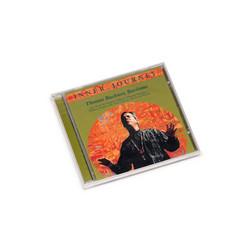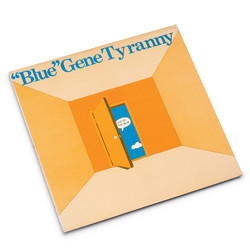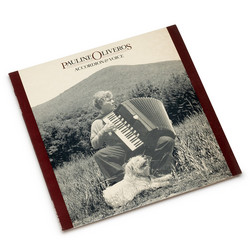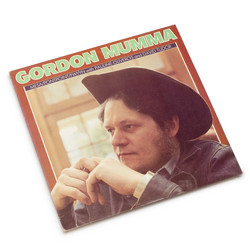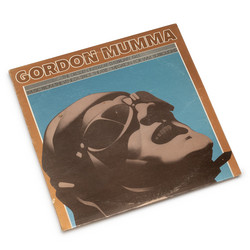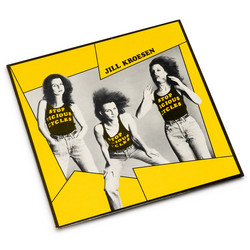Concrete follows from Robert Ashley's preoccupation in two previous operas with the kind of speech that has not been explored in opera -- in Dust (LCD 1006CD), the speech of the homeless; in Celestial Excursions (LCD 1007CD), the speech of people living together in a home for old people. The three operas are not a "trilogy" in any sense, but they all come from this preoccupation with or fascination with special kinds of speech and special kinds of states of mind. "The characters I'm interested in," Ashley explains, "are marginal, because everybody is marginal compared to the stereotypes. I am interested in their profoundly good qualities, and I'm not interested at all in evil. The characters in my work are as bizarre and unreal as the characters in William Faulkner. They just happen to be ordinary people who are spiritually divine." Though in Concrete, it is not made explicit in any way, the libretto might be considered to be the "musings" of an old man alone. He thinks about strange questions and even as the questions are asked they are answered in various forms of sarcasm, indifference, questions about the questions and explanations. In other words, he is talking to himself. The opera takes the form of five "discussions" about matters he wonders about: Why do people keep secrets about themselves? Why do the buildings in the city all line up perfectly (vertically) when the surface of the planet is round? Why is it that so many things that people do as recreation are played counter-clockwise? What has happened to the many women friends ("lovers") he has had and "left behind" and why were they left behind? And, finally, the fact that he has recently seen a "flying carpet" (in his bedroom.) The five "internal" discussions alternate with four reminiscences about people the old man has worked with and loved. The reminiscences are short and detailed biographies of seemingly ordinary people who in the past did extraordinary things -- sometimes criminal, sometimes just brave in an unusual way -- but will never be recognized for what they did. The singers in the opera are not "characters" in any traditional way. They take part in the very fast "discussions" sections as voices in the old man's musings. Then each of the singers is given one of the "biographies" as a solo aria.
Details
Cat. number: LCD1010
Year: 2008

